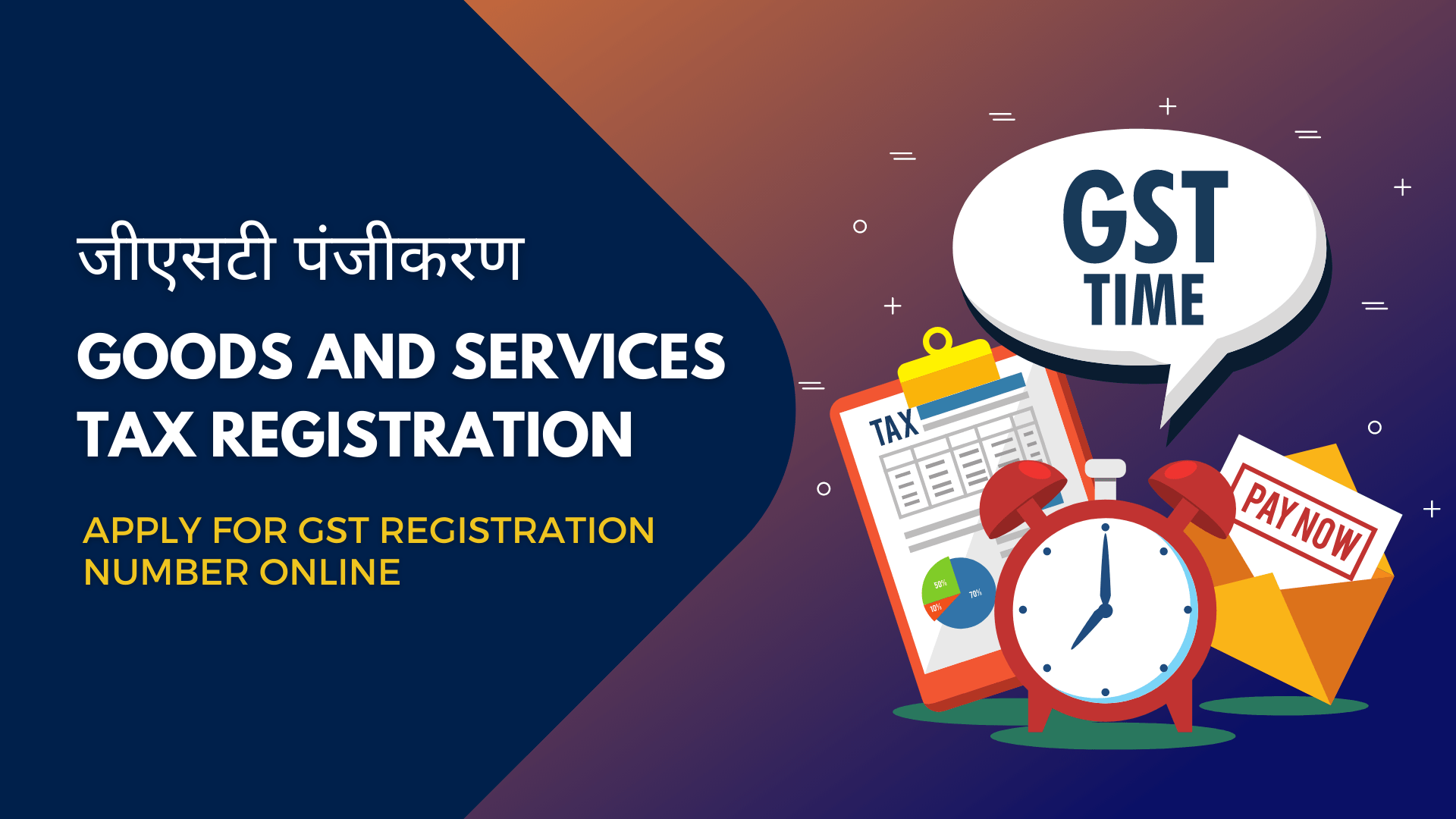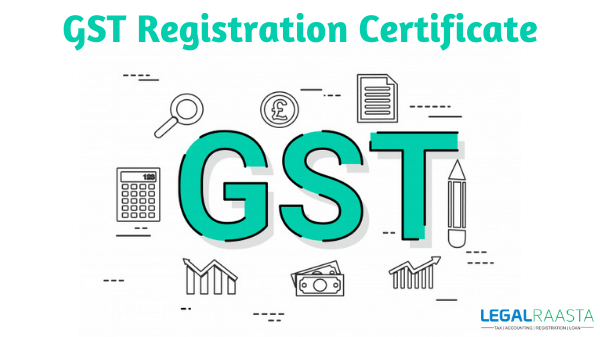Step-by-Step Process for Singapore GST Registration Explained
Step-by-Step Process for Singapore GST Registration Explained
Blog Article
Making The Most Of Tax Obligation Performance: Specialist Tips on Browsing the GST Registration Maze for Local Business
Browsing the detailed landscape of Product and Solutions Tax (GST) enrollment can be a labyrinthine job for small companies aiming to maximize their tax obligation performance. Recognizing the qualification requirements, precise documentation needs, critical timing factors to consider, and skilled enrollment process pointers can significantly influence a company's economic standing. Compliance with GST regulations is extremely important, and sticking to finest practices can simplify procedures and avoid potential challenges. In this conversation, we will explore expert understandings and workable guidance that can empower local business to browse the GST registration maze efficiently and optimize their tax effectiveness.
Eligibility Standards
Qualification needs for Small Business GST Registration encompass particular requirements that businesses should satisfy to abide with tax obligation regulations. To qualify for GST registration, a service should have a yearly turn over exceeding the threshold set by the tax authorities, which differs by nation.

Documents Needs
To efficiently finish the procedure of GST enrollment, tiny businesses must ensure they have all required documentation in order. The required paperwork normally includes evidence of company registration or address, identity and incorporation evidence of business proprietor, photos, checking account details, and proof of the principal workplace. Furthermore, businesses need to offer details of their business activities, including the items or solutions provided. It is essential to guarantee that all records are exact, up to date, and in the defined format to protect against hold-ups or beings rejected throughout the registration process.
Keeping all required paperwork arranged and readily obtainable can streamline the registration procedure and aid companies abide with the requirements effectively. Thorough interest to information and adherence to the paperwork standards are crucial for a successful GST registration procedure for little organizations.
Timing Considerations
Considering the essential documents requirements have actually been carefully addressed, the following critical facet for local business embarking on the GST enrollment process is the tactical monitoring of timing considerations. Timing plays an essential duty in GST registration, influencing not only conformity but likewise economic aspects of business. Small companies require to thoroughly prepare the timing of their GST enrollment to maximize benefits and lessen possible risks.

In addition, organizations need to align the timing of their GST registration with their operational preparedness. Appropriate preparation, such as upgrading accounting directory systems and training staff, is necessary to effortlessly incorporate GST requirements right into everyday operations. By purposefully managing timing considerations, local business can navigate the GST enrollment process efficiently and maximize their tax obligation efficiency.
Enrollment Process Tips
Successfully browsing the GST registration procedure needs little services to apply proactive and tactical enrollment procedure suggestions. This consists of service enrollment files, evidence of address, financial institution declarations, and identification proofs of the organization owners.
Furthermore, understanding the limits and requirements for GST registration based upon the certain Related Site state or area where the organization operates is vital. Some states have different turn over thresholds that trigger obligatory enrollment, so being educated about these limits can aid services prepare in advance.
One more valuable pointer is to think about looking for expert assistance from accountants or tax obligation consultants that focus on GST registration. Their competence can streamline the process, reduce errors, and make sure conformity with all laws.
Compliance Best Practices
Small businesses need to prioritize compliance to prevent penalties and keep an excellent standing with tax authorities. Little service owners must on a regular basis examine government guidelines and seek expert advice if required to guarantee they are fulfilling all demands. By integrating these compliance best practices right into their procedures, tiny businesses can navigate the complexities of GST registration with confidence and efficiency.
Verdict
Finally, local business can navigate the GST enrollment labyrinth by guaranteeing they satisfy Extra resources eligibility criteria, gather called for documents, take into consideration timing ramifications, comply with registration process pointers, and follow compliance ideal methods. By making best use of tax efficiency through correct GST enrollment, organizations can boost their financial administration and operations.
Browsing the complex landscape of Product and Services Tax (GST) enrollment can be a labyrinthine job for little organizations intending to maximize their tax obligation performance.Eligibility demands for Small Company GST Enrollment incorporate specific standards that companies should meet to abide with tax guidelines. The needed documents usually includes proof of business registration or incorporation, address and identification evidence of the service proprietor, pictures, financial institution account details, and evidence of the principal place of business. In addition, services need to offer details of their business activities, consisting of the items or services provided.Efficiently browsing the GST enrollment process calls for small companies to apply tactical and aggressive enrollment process pointers.
Report this page